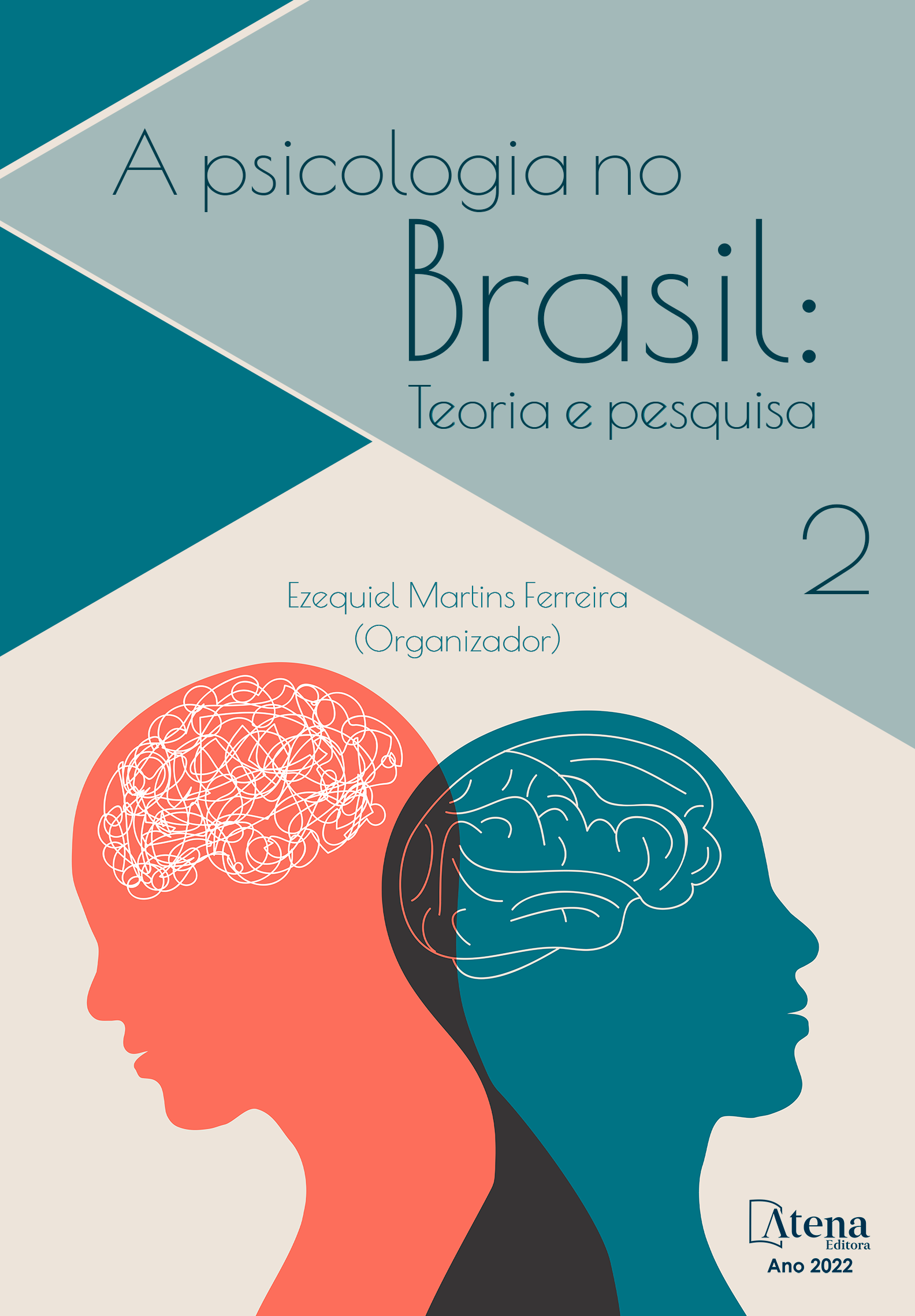
CONSTRUÇÃO DA IDENTIDADE DE POLICIAIS MILITARES: REFLEXÕES PSICOSSOCIAIS A PARTIR DE CONTEXTOS EDUCACIONAIS E DE TRABALHO
Tornar-se policial militar é um processo que, também, passa pelo contexto educativo. Antes dos atendimentos à população, o policial militar realiza um período de formação profissional. No estado do Paraná, os policiais recém-ingressos passam por uma etapa acadêmica, uma de estágio operacional e após a conclusão desse período é que passam a condição de soldados aptos à prestação de serviços à população. Este capítulo busca compreender, a partir dos contextos educacionais e de trabalho, que aspectos contribuem para a construção da identidade profissional de policiais militares no estado do Paraná. Foram realizadas nove entrevistas em profundidade com policiais militares da cidade de Curitiba com o intuito de compreender aspectos ligados aos seus períodos de formação acadêmica, aos estágios operacionais e às práticas de atendimento na rua. Os aspectos ligados à construção da identidade foram organizados a partir de três categorias criadas a posteriori: a busca pela profissão e as mudanças de escolaridade, o convívio com outros policiais e os impactos da vida policial militar. Cada um dos eixos foi analisado, tendo a Psicologia Social Comunitária como referencial teórico, a partir das seguintes dimensões psicossociais: condições de trabalho, aspectos educativos e situações cotidianas vivenciadas pelos profissionais, e possíveis impactos no atendimento à população. Foi possível perceber que a busca pela profissão está ligada à necessidade financeira, que as mudanças de escolaridade dos entrevistados não apresentam ligação direta com a profissão de policial militar nem com o atendimento à população; que o convívio com os policiais mais antigos é indicado como um importante elemento de aprendizagem, mas carente de uma mediação reflexiva; e que os impactos da vida policial se refletem em mudanças consideráveis no modo como os policiais militares passam a vivenciar suas relações sociais para além da profissão.
CONSTRUÇÃO DA IDENTIDADE DE POLICIAIS MILITARES: REFLEXÕES PSICOSSOCIAIS A PARTIR DE CONTEXTOS EDUCACIONAIS E DE TRABALHO
-
DOI: 10.22533/at.ed.67422070214
-
Palavras-chave: Educação formal; educação não formal; educação informal; práticas cotidianas; Segurança Pública
-
Keywords: Formal education; non-formal education; informal education; everyday practices; Public security
-
Abstract:
Becoming a military police officer is a process that also involves the educational context. Before attending the population, the military police perform a period of professional training. In the state of Paraná, newly admitted police officers go through an academic stage, an operational stage, and after the end of this period, they become soldiers able to provide services to the population. This chapter seeks to understand, from the educational and work contexts, which aspects contribute to the construction of the professional identity of military police officers in the state of Paraná. Nine in-depth interviews were conducted with military police officers in the city of Curitiba in order to understand aspects related to their periods of academic training, operational stages and street service practices. Aspects linked to the construction of identity were organized from three categories created a posteriori: the search for the profession and changes in education, living with other police officers and the impacts of military police life. Each of the axes was analyzed, having Community Social Psychology as a theoretical framework, based on the following psychosocial dimensions: working conditions, educational aspects and daily situations experienced by professionals, and possible impacts on serving the population. It was possible to notice that the search for the profession is linked to financial need, that the changes in education level of the interviewees do not have a direct connection with the profession of military police nor with the service provided to the population; that the interaction with senior police officers is indicated as an important element of learning, but lacking in reflective mediation; and that the impacts of police life are reflected in considerable changes in the way military police officers start to experience their social relationships beyond the profession.
-
Número de páginas: 19
- Maria de Fatima Quintal de Freitas
- Dênis Wellinton Viana


